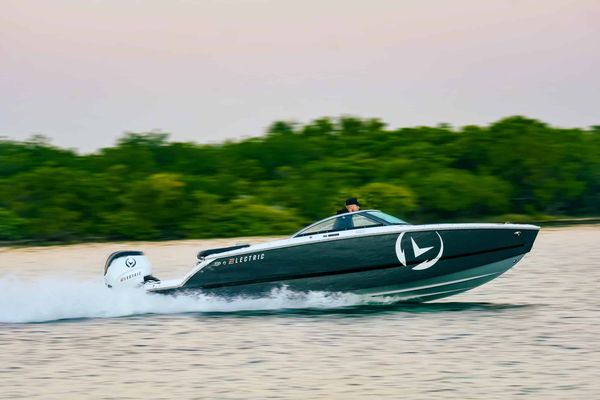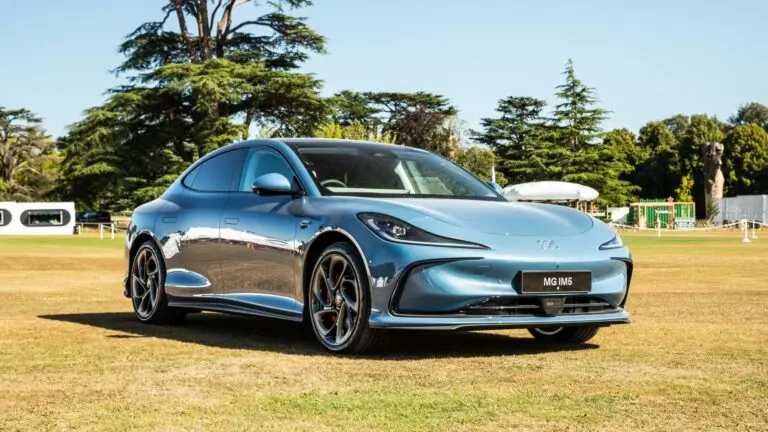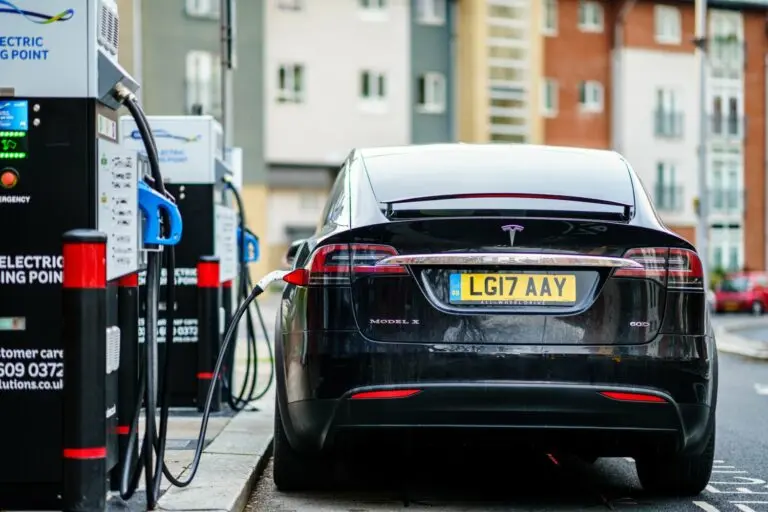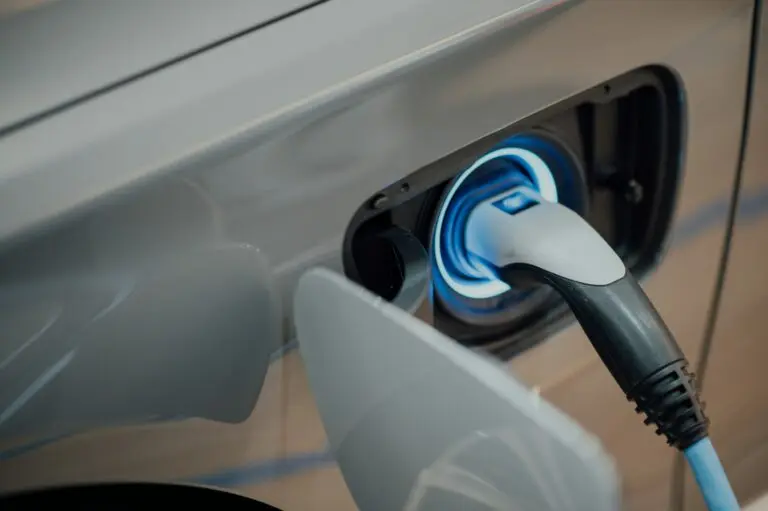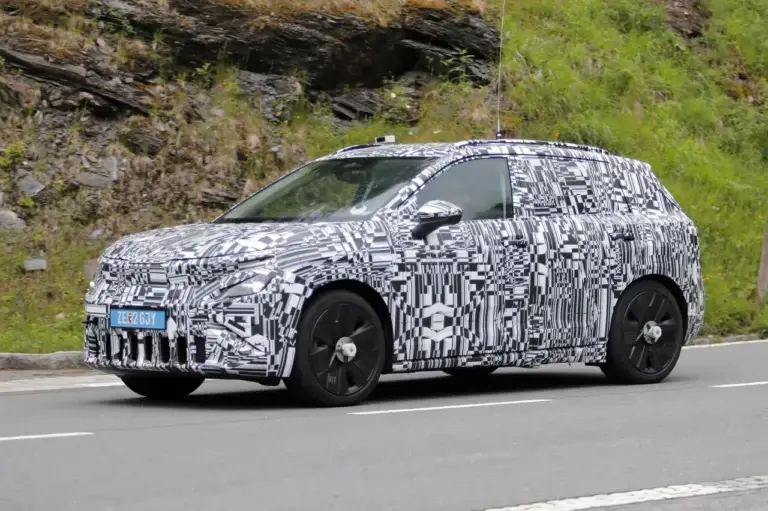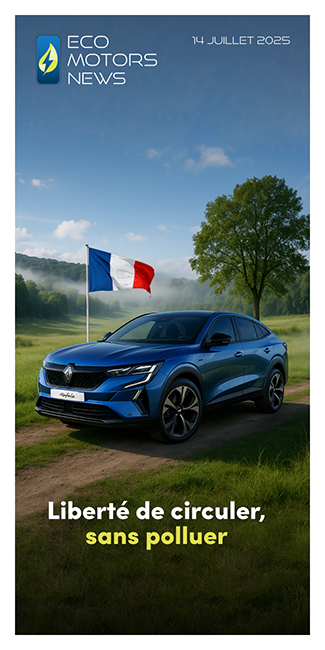Quiet and clean, electric boats are undoubtedly the future of pleasure boating. But while they embody a new way of sailing, there are still a number of obstacles to their widespread development.
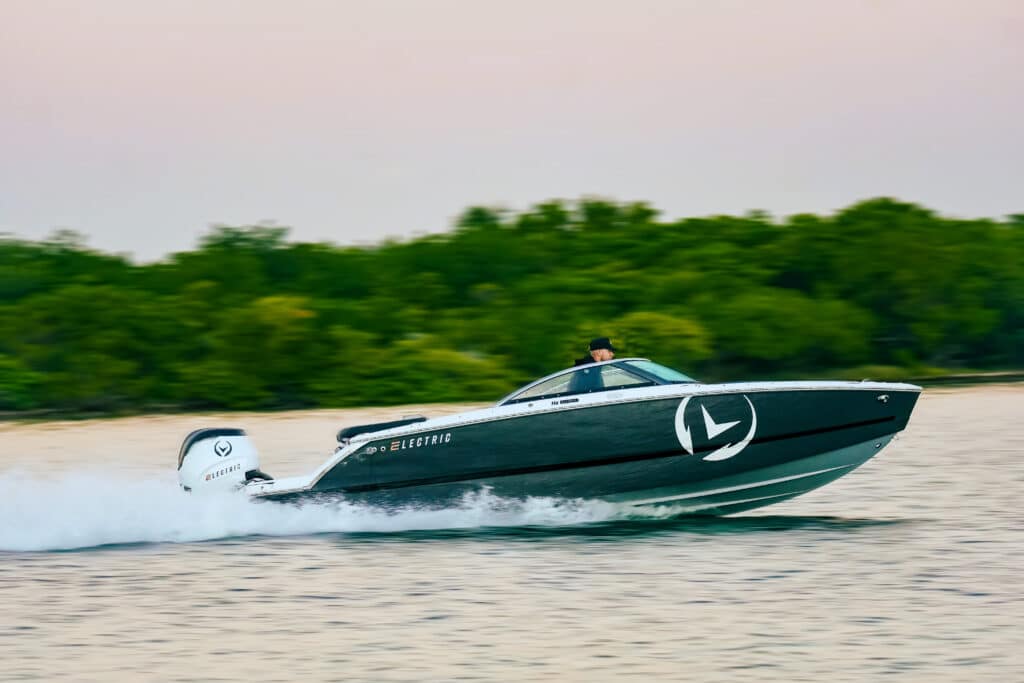
According to studies by Data Bridge Market Research and Mordor Intelligence, the global market for electric boats is set to grow by 11.2% to 12.65% a year between now and the end of the decade. This global momentum is also reflected in France, particularly in Paris, where the famous Vedettes have recently embarked on their energy transition. But despite these promises, yachting – if we compare its transition to that of the car industry – still seems to be standing still. The Association Française pour le Bateau Électrique (AFBE) and AKWA Experience, which hires out electric boats in Paris, give ECO MOTORS NEWS a realistic yet optimistic look at the state of electric boats in France.
Boats that are still too costly and infrastructure that is in short supply
» It’s a small-scale industry, which makes the energy transition much more complex and costly « , explains Yannick Wileveau, Chairman of the AFBE. Like cars, electric boats still suffer from the high cost of engines and batteries, to which must be added the « made-to-measure » aspect that adds a little more to the bill.
In fact, the price of electric boats remains one of the major obstacles to the energy transition in recreational boating. To address this, the AFBE is promoting co-ownership models or membership of yacht clubs. « Sharing a boat makes the initial investment profitable, while reducing the need for harbour berths « , Brusset points out.
It’s enough to shake up the habits of boat owners. And that’s not the only thing that needs to change! In fact, according to Christophe Brusset, Secretary General of the AFBE, the challenge is not just a technical one: » Going electric also means changing the way you sail. Less speed, more calm, and more attention to the environment. This environmental aspect is not just about zero emissions, but also about preserving aquatic flora and fauna.
Another lever for convincing boat owners to switch to electric power is the development of recharging infrastructures, which are still largely inadequate. And it’s a vicious circle, because fewer boats mean fewer infrastructures, and fewer infrastructures mean fewer boats. So, just as was done for the car industry, which was in the same situation a few years ago, the AFBE believes that local authorities, the State and Europe need to use subsidies and tax breaks to encourage the purchase of electric boats on the one hand, and the installation of recharging stations on the other.
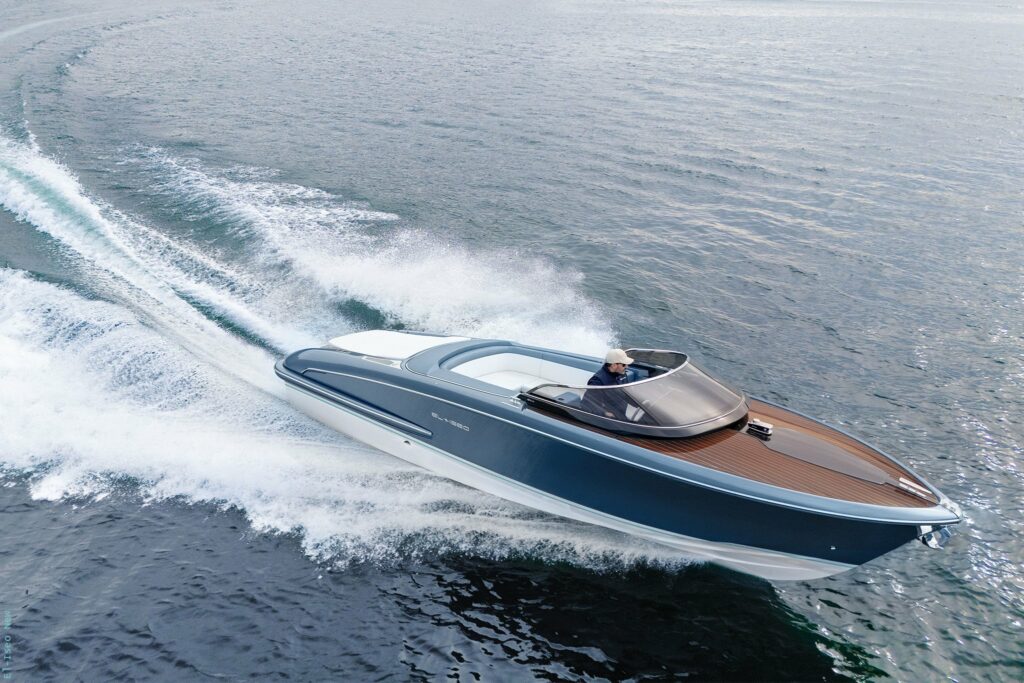
In Paris, an experience that’s sure to win you over
It’s clear: the development of electric boats will require a change in user philosophy. And it’s this change in mentality that AKWA Experience is working on from the Canal de l’Ourcq, in the 19th arrondissement of Paris. Its fleet of 100% electric, licence-free boats is proving a great success. « Our customers often talk about a magical, timeless experience. They rediscover Paris from another angle, in the heart of the city, but far from its hustle and bustle « , says Rodrigue Faleme, the company’s managing director.
Offering prices tailored to young people, pensioners, local residents and the underprivileged, AKWA Experience sets its sights high: » Our objective is clear: to democratise electric navigation and raise awareness of the need to protect our river heritage. The company regularly organises events at its base, including canal clean-ups.
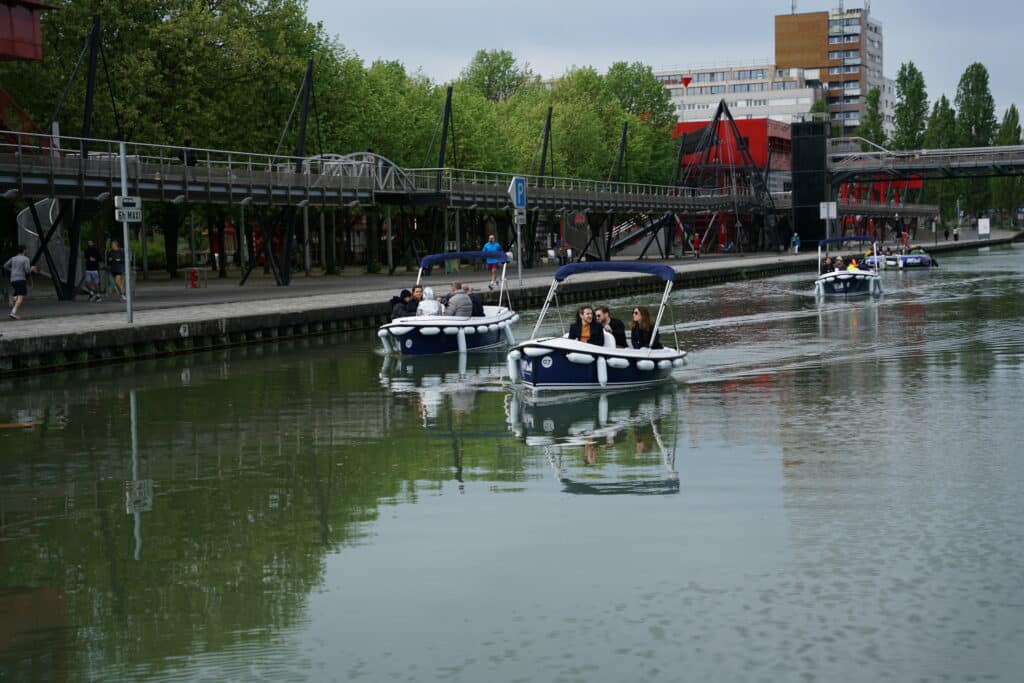
Optimism as a course
While there are still many obstacles to the acceleration of the electrification of the yachting industry, the momentum is well underway. Proof of this is the arrival of 100% electric and hybrid models in the catalogues of the major marine brands, such as Bénéteau’s Four Winns H2e and the Riva El-Iseo: » It is these models, designed from the outset for electric power, that will drive the market in the years to come , » predicts Yannick Wileveau.
In the meantime, pioneers like AKWA Experience, as well as their competitors in Paris and elsewhere, are leading the way and playing an active part in changing attitudes. By 2035, the AFBE even believes that electric yachting could well be the norm rather than the exception. In the meantime, it’s already a nice glimpse of what silent, less polluting boating could be like… and it feels good!
And what about the sea?
While electric river navigation is gaining ground, it is also beginning to make inroads at sea. Several shipyards are now developing electrically-powered catamarans and coastal launches, some of them hybrids, suitable for short sea trips. Autonomy is still limited by battery capacity, but innovations such as solar recharging and hydroelectricity are opening up new prospects. In sensitive coastal areas, such as marine reserves, electric boats help to preserve ecosystems. In Scandinavia, electric ferries have been developing for 10 years, notably the MV Ampere in Norway, the world’s first 100% electric ferry, launched in 2015.

